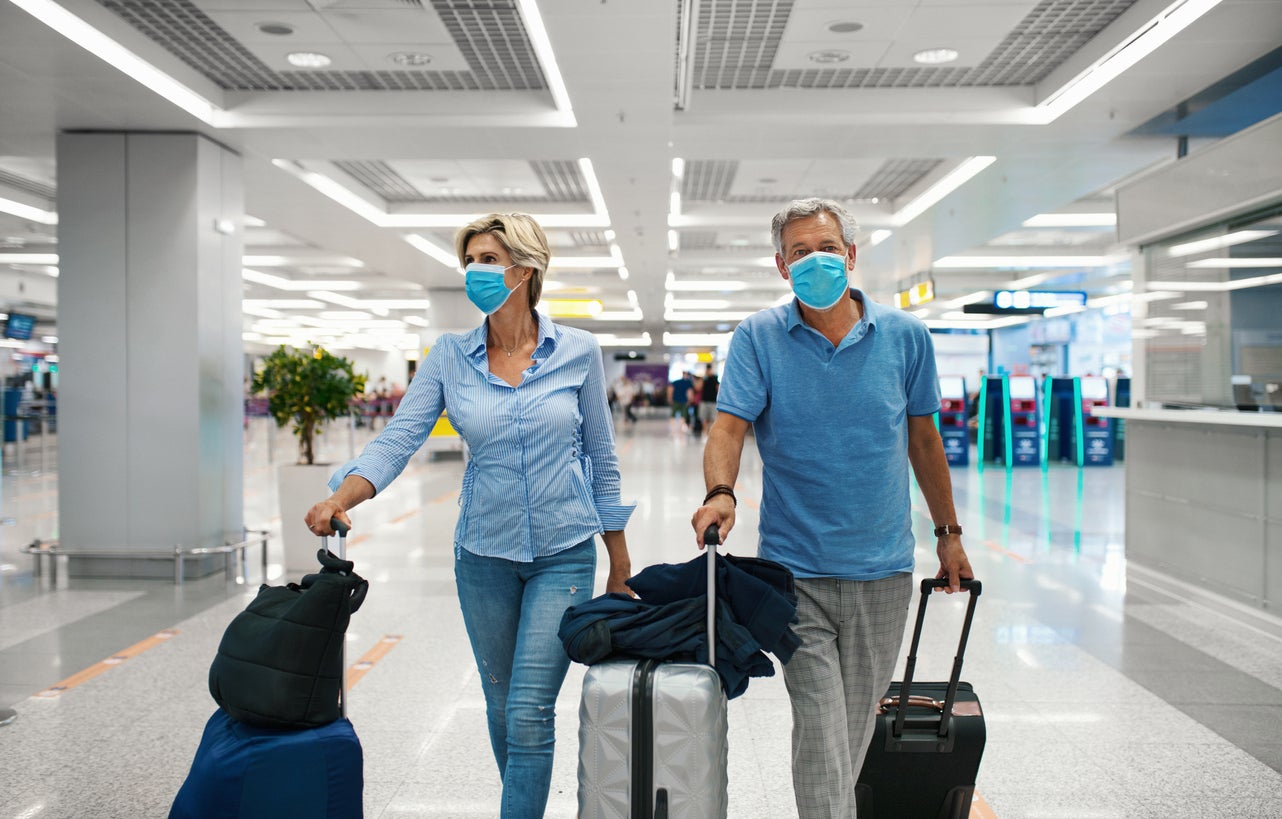Having stronger restrictions for travel is a wise precaution
Editorial: New measures will be distressing for the travel industry, but Britain would face a longer lockdown without them

Common sense – which can be overrated in epidemiology – suggests that tightening up travel arrangements through testing and quarantine periods cannot, in the end, prevent a coronavirus entering a country. The imperfections in testing, human error and human behaviour will always militate against such restrictions. Pandemics bear their designation for a reason.
Still, it is possible that some effort to restrict travel might have slowed the arrival of the virus last spring, and it is never too late to act as a virus mutates into potentially more deadly forms, or ones where existing vaccines are less effective. As with hygiene, social distancing and lockdowns, the aim is, or should be, to buy time to analyse the threat and bolster other defences, such as a test and trace system, or delivery of a vaccine system.
This is precisely where the UK stands now, and why travel restrictions – negative Covid-19 tests plus quarantine – are so sensible. The new vaccines – a third freshly approved – are on the move. Despite disturbing reports of missed deliveries, progress is being made, and public awareness and expectations are high. But time will be needed, and hence the lockdowns and onerous obligations on travellers (including the prime minister, who has postponed his trade mission to India). There is no sense in exempting British nationals, as if coronavirus can be repelled by the sight of a UK passport. Indeed for many countries the appearance of the so-called Kent variant makes them wary of travellers from Britain.
The rapid growth in infections, with the latest more infectious variants setting the pace, means that the NHS is already being stretched towards breaking point. Ambulance waiting times are unacceptably long already in some places. Hospitals are running short of beds and staff. New treatments and experience will help push the death rate lower than it would otherwise be – but only if the patients can get into the wards. In any event, mortality seems set to exceed last year’s peaks.
As ever, the travel industry is crying out in distress, and rightly so. The case for temporary financial assistance is overwhelming. Yet the alternative to these measures is a longer lockdown and more travel bans in future if the rate of infection and generation of new mutations renders the vaccine programme less effective.
Of course, there is no guarantee that those quarantining will in fact self-isolate for 10 days, which is why the testing certificate is needed as well.
It is fair to point out that Jonathan Ashworth, the shadow health secretary, was suggesting testing for travellers last summer, but the government’s response has been the usual one of dither and delay, as with test and trace, protective equipment, ventilators, lockdown timings and school closures – but not, the nation hopes, the vaccine rollout. Ministers surely cannot drop the ball this time.
Join our commenting forum
Join thought-provoking conversations, follow other Independent readers and see their replies
Comments


Bookmark popover
Removed from bookmarks